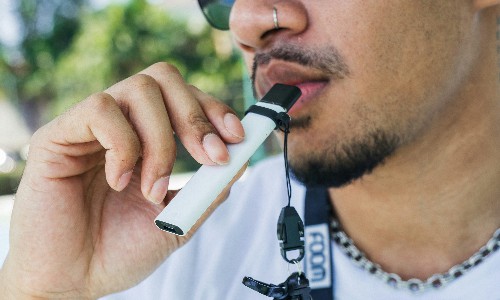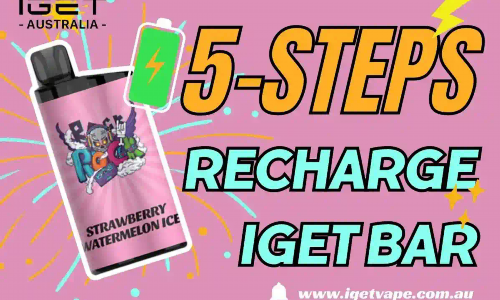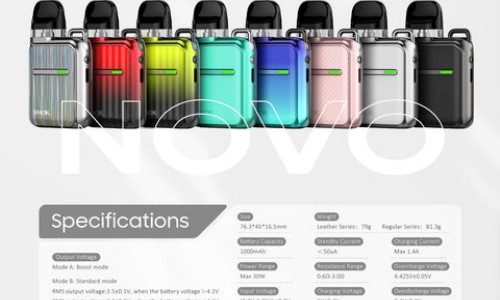
10 Beginner Vaping Terms You Need to Know: Understand the Lingo
Introduction to Vaping Terminology
As vaping continues to gain popularity, understanding the terminology associated with it becomes essential for both newcomers and seasoned users. The vaping community has cultivated a unique lexicon that can be daunting for beginners. This guide aims to clarify ten beginner vaping terms that will enhance your understanding and experience.

1. E-Liquid
E-liquid, also known as vape juice or vape liquid, is the fluid used in vaping devices. It typically contains vegetable glycerin (VG), propylene glycol (PG), flavorings, and may or may not include nicotine. Understanding the composition of e-liquid helps users choose products that align with their preferences.
2. Nicotine Strength
Nicotine strength refers to the concentration of nicotine in e-liquids, often measured in milligrams per milliliter (mg/mL). Beginners should explore various strengths to find the level that satisfies their cravings without causing discomfort.
3. PG and VG
Propylene Glycol (PG) and Vegetable Glycerin (VG) are the two primary bases used in e-liquids. PG is thinner and provides a throat hit similar to traditional tobacco smoking, while VG is thicker, offering a smoother vape and producing larger vapor clouds. Many users prefer a blend of both for a balanced experience.
4. Sub-ohm Vaping
Sub-ohm vaping involves using devices that operate at a resistance level of less than 1 ohm. This technique allows for higher power outputs, resulting in increased vapor production and intense flavor. However, it is essential for beginners to be cautious and knowledgeable about the equipment required.
5. Vape Mods
Vape mods are advanced vaping devices that allow users to customize their vaping experience through adjustable wattage, temperature control, and numerous features. They differ from traditional e-cigarettes in complexity and size, making them suitable for more experienced users looking for enhanced performance.
6. Mouth-to-Lung (MTL) and Direct-to-Lung (DTL)
MTL and DTL are two inhalation techniques. MTL mimics traditional smoking, where the vapor is inhaled into the mouth before being drawn into the lungs. DTL involves inhaling vapor directly into the lungs, which is common with sub-ohm devices. Understanding these methods can assist beginners in selecting the right device for their style.
7. Tank vs. Pod System
Tanks and pod systems are two types of e-liquid delivery systems in vaping devices. Tanks hold larger volumes of e-liquid and typically use replaceable coils. Pod systems are compact, often disposable, and designed for convenience, making them a popular choice among beginners.
8. Coil Resistance
Coil resistance, measured in ohms, influences the heat generated by the coil and the overall vaping experience. Lower resistance coils heat up faster, producing more vapor and flavor. Beginners should learn about coil options to find the best match for their devices and smoking style.
9. Vapor Production
Vapor production refers to the amount of vapor a device creates when inhaled. Factors like the device, coil resistance, and e-liquid composition affect vapor production. New users should adjust their settings and techniques to achieve their desired vapor levels.
10. Battery Safety
Battery safety is crucial for any vaping device that utilizes interchangeable batteries. Beginners need to understand proper handling, storage, and charging practices to prevent malfunctions and ensure longevity. Always choose high-quality batteries and follow manufacturer guidelines.
Conclusion
By familiarizing yourself with these ten essential vaping terms, you can navigate the world of vaping with confidence and clarity. Understanding the lingo will enhance your experience, helping you make informed choices based on your preferences and lifestyle. Happy vaping!


